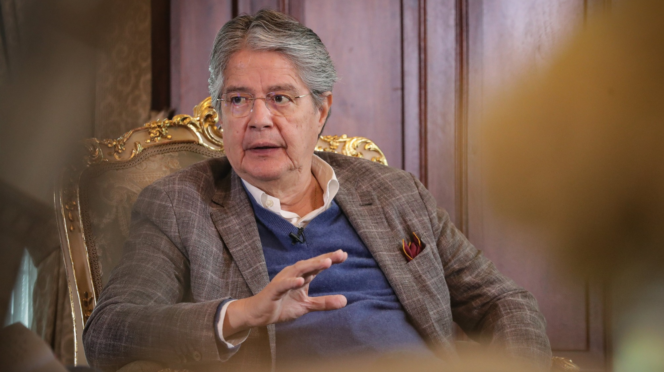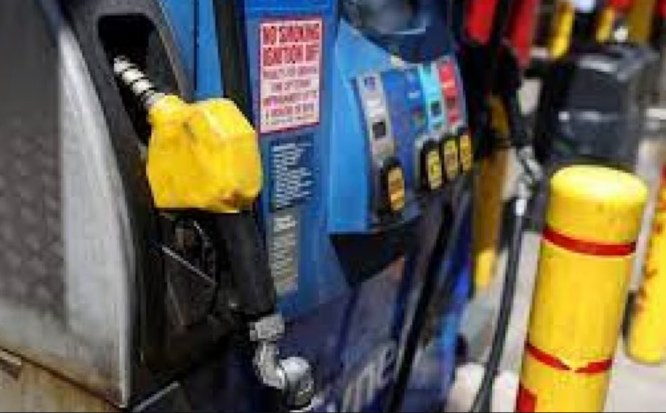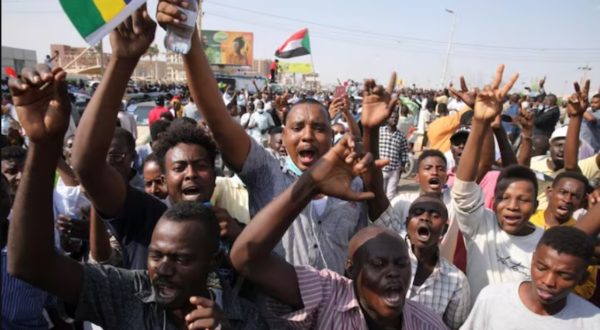Ecuadorian politics is again unpredictable. Deputies from ex-president Rafael Correa’s Union for Hope coalition (UNES) impeached President Guillermo Lasso on March 29. Mr.
Lasso is accused of knowing that his friends were embezzling public monies. The opposition-led National Assembly has 45 days to impeach the president. 92 of 137 lawmakers must vote to remove him.
Whether President Lasso survives the impeachment vote, is dismissed by the National Assembly, or dissolves the administration and calls for fast elections, the Ecuadorian government will face widespread instability and societal resistance.
Lasso’s weak mandate
Right-wing Guillermo Lasso was weakly elected. In the 2021 elections, he received 19.7% of the first-round vote, the lowest proportion ever for an eventual winner in Ecuador, and finished 0.3 percentage points ahead of the third-place finisher.
He defeated Andres Arauz of UNES in the runoff election with less votes than he received in 2017, implying that anti-Correa sentiment helped him win. Finally, his Creating Opportunities (CREO) party won just 12 members in the 137-member National Assembly, requiring the president to form and sustain legislative coalitions with parties across the ideological spectrum.
He instantly suffered life-threatening threats. The president survived a Pandora Papers-related impeachment move six months after assuming office. In June 2022, the National Assembly debated another impeachment motion amid nationwide protests led by Leonidas Iza and the Confederation of Indigenous Nationalities of Ecuador (CONAIE) against rising living costs and Ecuador’s dependence on extractive industries.
This time, 80 deputies voted to remove the president, 48 voted against, and nine abstained. The indigenous Pachakutik party, which controlled the legislature and supported the administration, voted almost unanimously against Mr. Lasso.

The president’s major foes have been the CONAIE, a well-organized and powerful group with a long history of street politics, and pro-Correa political elites, notably Correa’s left-wing Citizens’ Revolution (RC) party. RC has presented impeachment motions for Mr. Lasso, together with CONAIE leadership and pro-Correa National Assembly members.
Corruption failed referendum, and crime
Due to food and gasoline price inflation, President Lasso has one of the lowest popularity ratings in Latin America, which sparked the CONAIE demonstrations in June 2022. However, a sharp spike in crime and corruption charges against close associates of the president have damaged him.
Security is very bad. Since late 2020, criminal gang fragmentation and rivalry for narcotrafficking routes have increased crime, incarceration, and street violence. Since 2022, bombs have occurred in Guayaquil, the country’s primary cocaine departure point, while abduction and homicide rates have skyrocketed nationwide.

The government lacks resources to combat drug traffickers’ increasingly sophisticated and aggressive techniques. The president has regularly declared emergency decrees and states of exception in Guayas Province and elsewhere, but these measures have had little effect. Since Mr. Lasso promised to improve security, the spike in violence and crime hurts his approval.
Two corruption scandals involving Mr. Lasso contributed to the impeachment vote. La Posta, a digital media source, accused the president’s brother-in-law, Danilo Carrera Drouet, of participating in a state company corruption ring in the Caso Encuentro (“Encounter Case”).
To restore public faith, the president sacked 13 state company CEOs after originally denying money skimming. The attorney general’s office is also investigating Petroecuador, which led to a prosecuting raid on the CEO’s home and his resignation. The attorney general’s report alleges that President Lasso impeded government investigations.




